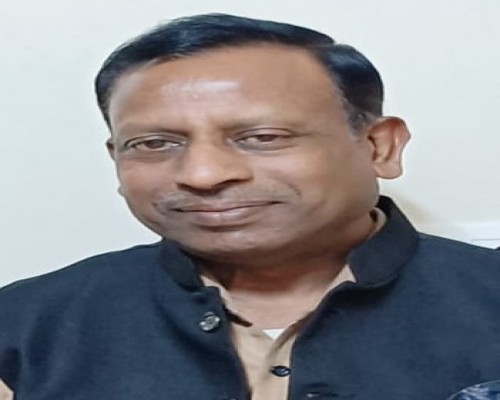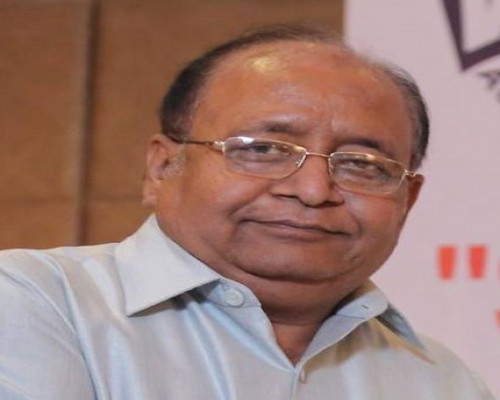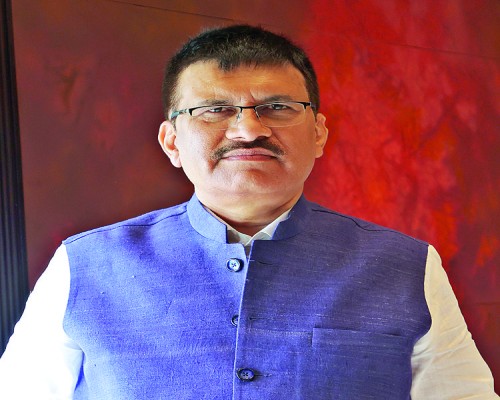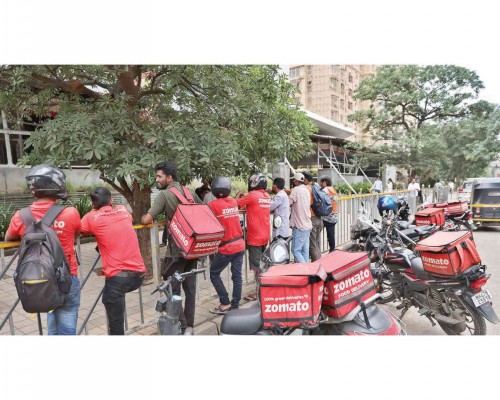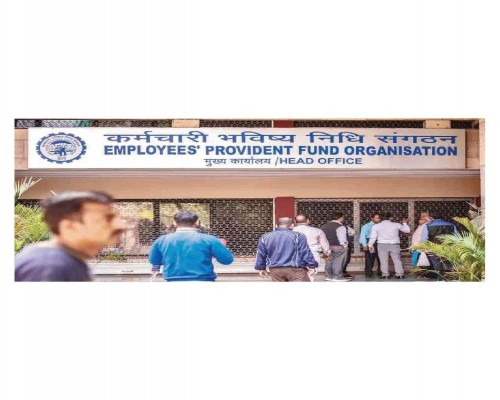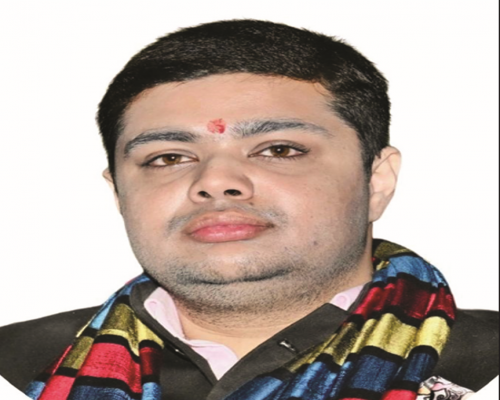Why is it important to create a will for property distribution, and what issues can arise if it's not made?

By SK Gupta, Advocate, Supreme Court of India
Most people carefully plan for savings and investments and diligently follow through with these plans. However, many tend to overlook the significance of creating a will. They don't see it as necessary because they believe that their children are educated and won’t fight among themselves for the property. History, however, is full of examples where even members of well-to-do families have fought over property rights, sometimes even taking each other to court.
Who can create a Will Deed?
Any Indian citizen / individual who is having properties in his/her name, having a sound mind and at least 18 years old can create a will deed. The person must understand the nature and effect of making the will, the extent of their property, and the claims to which they ought to give effect.
What is the bare minimum legal conditions for executing a Will Deed?
- Age should be more than 18 years
- Sound mind, Free will
- Name of testator (full details)
- Details of immovable /movable properties
- Name of beneficiaries (full details of identity) with
- % age of share etc.
- Photo of the testator as well as beneficiaries
- Signature as well as Left/right trump impression (Female-R & Male-L ) should be done in presence of the witnesses
- At least two witnesses with their identity with Aadhar card no.
- It can be registered and/or non-register or notary
- Beneficiaries and /or family members who have say in the properties of the testator, should not be witnesses of the will-deed
Can a Will Deed be updated or revoked?
Yes, a will deed can be updated or revoked during the testator's lifetime.
Changes can be made through a codicil or by drafting a new will that explicitly revokes the previous one.
What is the validity of a will deed?
A will deed remains valid until the testator revokes it. It must be the last will made and should be executed with the required legal formalities. A registered will deed adds further validity, though registration is not mandatory.
What are the benefits of a will deed?
A will deed provides several benefits, including:
- Clear instructions for asset distribution.
- Reduced risk of legal disputes among heirs.
- Ability to appoint a trusted person to manage the estate.
- Provision for the care of minor children.
- Flexibility to make changes or revoke the will at any tim
Can a will deed be challenged?
Yes, a will deed can be challenged on various grounds, such as:
- Lack of proper execution (e.g., missing signatures).
- Questions about the testator’s mental capacity.
- Allegations of undue influence or coercion.
- Claims of fraud or forgery.
- Challenging a will requires legal proceedings and proof to support the claims.
What is a registered Will Deed?
A registered will deed has been formally recorded with the Sub-Registrar’s office. Registration provides a public record of the will and can strengthen its legal standing, although it is not mandatory to be valid.
Is it compulsory to take probate:
Not needed under law. Only needed if the properties are situated in the Municipal limit of Kolkata, Mumbai and Chennai.
What is the court fee to take probate?
The court fee for probating a will deed depends on the estate's value and the
state’s regulations. It usually ranges from a nominal amount to a percentage of the estate’s value. Specific fees should be checked with local legal authorities or a probate court.



